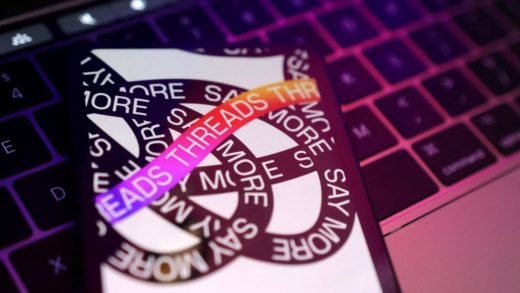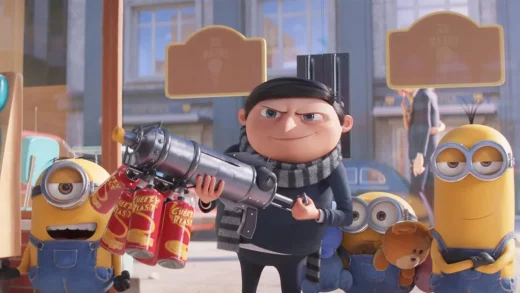
Find Inspiration
Whatever you might think about the quality and character of ChatGPT’s prose, it’s hard to deny that it’s quite good at coming up with ideas. If your powers of imagination have hit a wall then you can turn to ChatGPT for some inspiration about plot points, character motivations, the settings of scenes, and so on.
This can be anything from the broad to the detailed. Maybe you need ideas about what to write a novel or an article about—where it’s set, what the context is, and what the theme is. If you’re a short story writer, perhaps you could challenge yourself to write five tales inspired by ideas from ChatGPT.
Alternatively, you might need inspiration for something very precise, whether that’s what happens next in a scene or how to summarize an essay. At whatever point in the process you get writer’s block, then ChatGPT might be one way of working through it.
Do Research
Writing is often about a lot more than putting words down in order. You’ll regularly have to look up facts, figures, trends, history, and more to make sure that everything is accurate (unless your next literary work is entirely inside a fantasy world that you’re imagining yourself).
ChatGPT can sometimes have the edge over conventional search engines when it comes to knowing what food people might have eaten in a certain year in a certain part of the world, or what the procedure is for a particular type of crime. Whereas Google might give you SEO-packed spam sites with conflicting answers, ChatGPT will actually return something coherent.
That said, we know that LLMs have a tendency to “hallucinate” and present inaccurate information—so you should always double-check what ChatGPT tells you with a second source to make sure you’re not getting something wildly wrong.
Choose Character and Place Names
Getting fictional character and place names right can be a challenge, especially when they’re important to the plot. A name has to have the right vibe and the right connotations, and if you get it wrong it really sticks out on the page.
ChatGPT can come up with an unlimited number of names for people and places in your next work of fiction, and it can be a lot of fun playing around with this too. The more detail you give about a person or a place, the better—maybe you want a name that really reflects a character trait for example, or a geographical feature.


